Having completed her term as county chairperson of the IFA, Joan Fitzpatrick remains very involved in the local community, as well as on the home farm in Threecastles, Co Kilkenny.
Joan and her husband Sean live just 10 miles from Kilkenny city and have three grown-up children: “All three are involved in agriculture, which I am proud of. Marie is married to a farmer in Longford, Martin is regional coordinator with Eurofins for Leinster. They perform trials on different sprays, and he is based in Carlow. My youngest son Michael is farming at home. He has his green cert and a degree in food business. My brother in law Joe, who has special needs, helps out on the farm too.”
Joan held the position of IFA Kilkenny county secretary before taking on the role of county chairman from January 2010-2014. She was the first woman to be elected as chairperson. She is also former national chairperson of the IFA Farm Family Kilkenny, and is a qualified counsellor. Along with farming, Joan works with the National Learning Network for people with disabilities, and also is a part-time tutor in adult education.
Joan, Michael, Sean and Joe farm together as a family unit: “We have a mixed farm, which was passed on to us from Sean’s parents, so we are trying to keep the legacy going. The farm is mainly dairying, but we have some sucklers, sheep and forestry too.”
The Fitzpatrick family are currently milking 50 British and Holstein Friesians in an six-unit parlour, and aim to increase the size of the dairy herd post-quota: “When the quotas go, we would hope to get to 100 milking cows, and we will probably buy in some heifers from a local farmer. In the future, we will raise all our own replacement heifers once we get up in numbers. Over the last few years we have been increasing the dairy side and decreasing the number of suckler cows.”
The family have 20 suckler cows, mainly Limousins, and 30 breeding ewes. The ewes will be sold this year. “If the opportunity arose in the future we might get into store lambs, but we will see what happens,” says Joan.
The cows were scanned the first week of August, and Joan says breeding has become their priority: “Michael is very interested and involved in the breeding end of things. We experimented this year and used sexed semen on our heifers. They all held their calves, which was an excellent result. Some of the cows hadn’t held; the challenge is always trying to get cows back in calf. AI is used at the beginning. We have a Friesian and an Angus bull to clean up. AI is a huge cost, but it allows us to use better breeds to improve productivity and fertility in the herd. These days, technology is key in farming.
“Grassland management is crucial on a dairy farm. Measuring to ensure that surplus grass is taken away to keep the grass nice and lush is so important.
“As part of our discussion group, we were all given grass buddies. Our buddy measured our grass and we measured theirs, it was a great way of knowing what was happening on other farms and keeping up to date with our own grass growth too. I was at seminars recently relating to expansion of dairy farms post-quota. We are lucky in that we can expand our herd and that we have the resources and land to do so, but it is important for farmers that are unable to expand due to constraints, and are disheartened because of this, to realise that they can continue to increase their productivity and efficiency through technology and management practices.”
At the moment, Joan and Sean are looking into getting into a partnership with Michael. However, it is in its very early stages: “We are in discussions at the moment; Teagasc offers great advice on these matters. We have to see what will best suit our family situation. It is already in the plans to expand our parlour to an eight-unit this year to accommodate the increase in cows.”
Joan ran as a public representative in the 2014 Kilkenny Elections for Fine Gael, which she claims was a brilliant experience: “I ran for council as I felt that often the rural voice isn’t heard. I thought I could be a representative for farmers, with a focus on rural development and environmental issues. I was canvassing from 6 March until 23 May, which was really hard going, but I developed a great feel for farming in the area.
“I visited more farms in that time than I had during my time as chairperson. It was at a time when there was no market for cattle. On some farms, there were sheds full of cattle and the stress levels were at an all-time high. I saw hidden rural poverty first-hand and the depression that often goes with it, with some drystock famers, often bachelors, making very little income; it was a wonder to how they were even surviving.”
Joan is looking forward to the new chapter on their farm: “As farmers we are constantly looking forward, which is both good and bad; sometimes we should be living more in the present. These next few years will see a great change on the farm, which we are fully embracing.”






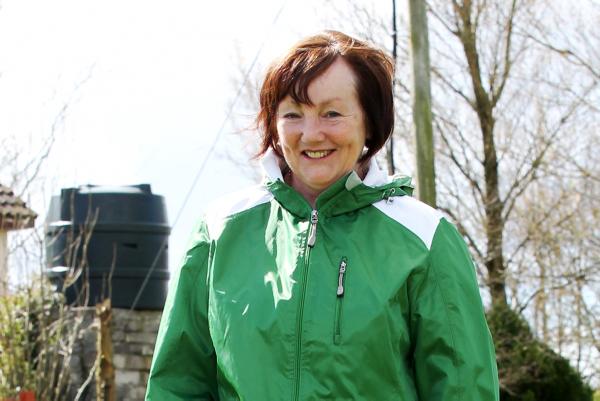
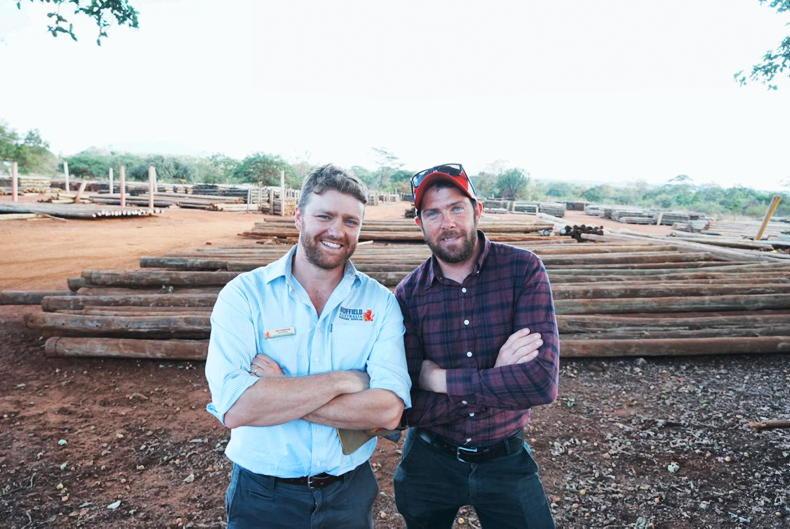

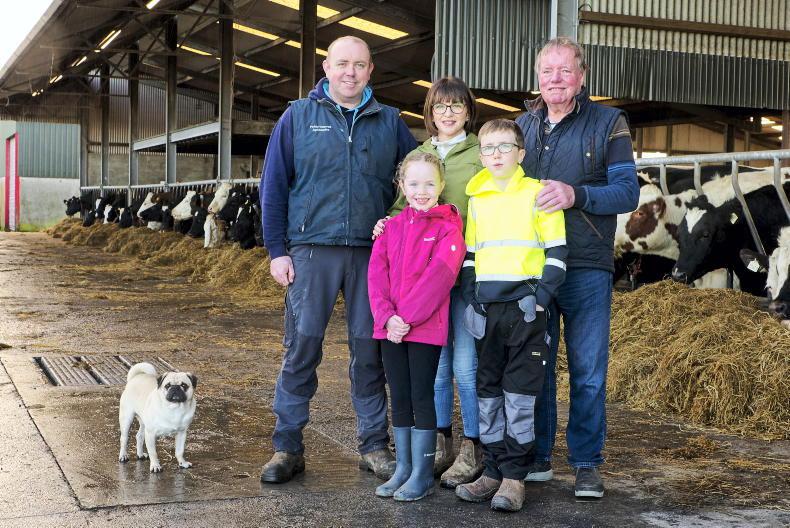
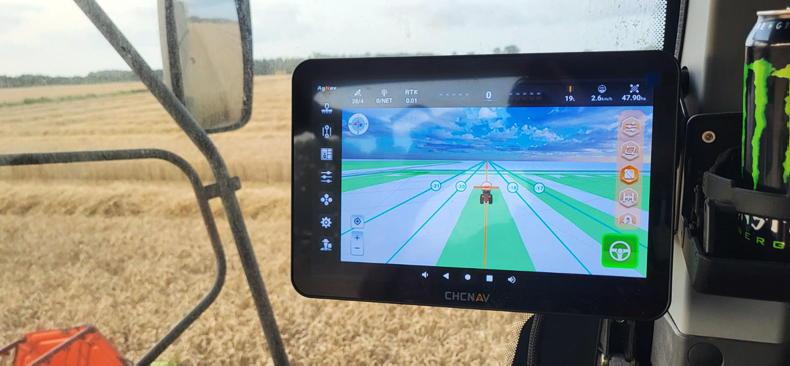
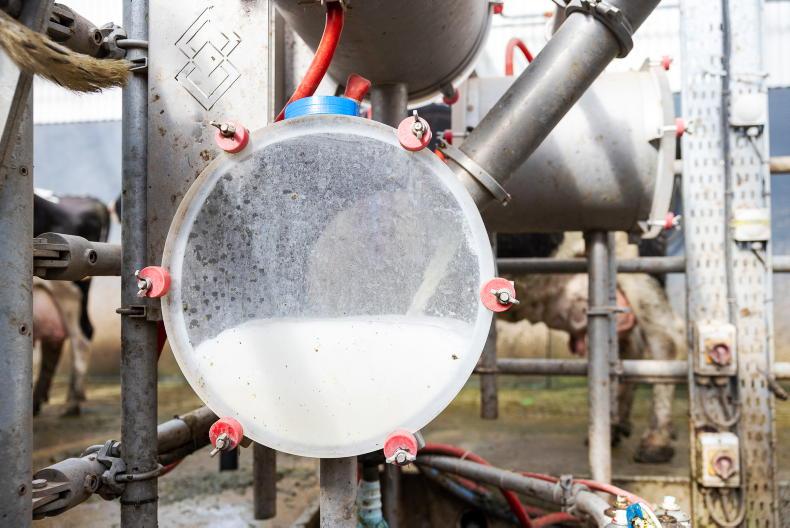
SHARING OPTIONS